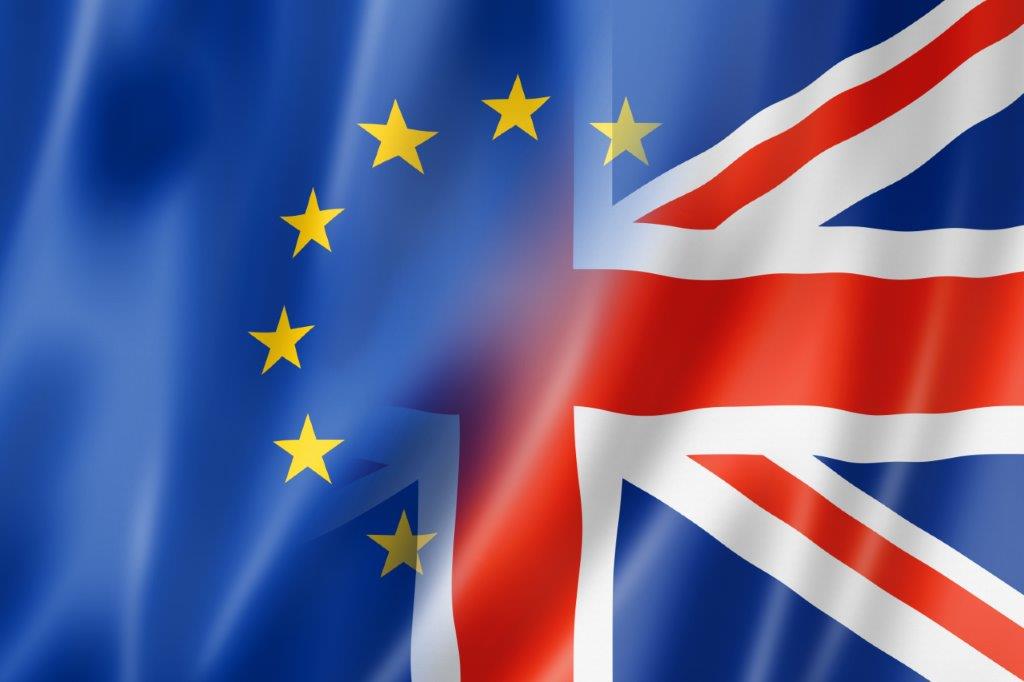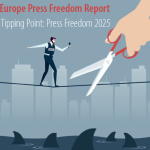50 Years of Dialogue
Anniversary debate 28-29 September 2018
On the 50th anniversary of its formation in 1968 the AEJ UK hosted an open and substantial dialogue among figures from opposing sides of the Brexit debate.
Six months before the UK’s scheduled departure from the European Union and at a time when the outcome of the negotiations was shrouded in extraordinary uncertainty, close to 100 diplomats, officials, and professionals from many fields including more than 40 journalists from all corners of Europe engaged in the debate.
In his keynote speech on Friday September 28 Sir Martin Donnelly, who held senior posts dealing with the EU inside the Cabinet Office and Foreign Office until 2017, said that the UK government’s mishandling of the Brexit negotiations and unrealistic expectations were likely to result in serious damage to the country’s wealth and standing in the world. That could last years and would require a sober re-think of Britain’s testy relationship with its closest neighbours to achieve a recovery in its fortunes.
Gisela Stuart, who played a leading part in the Vote Leave campaign, contested that assessment. She said the referendum had shown the settled mindset of a majority of British people, she was confident that any second referendum would confirm the results of the first one, and that in future people would look back on this period of turmoil in the UK and ask themselves what all the fuss was about.
The day-long Colloquium tested common ground in the fierce divisions exposed by the Brexit debate and included two panel discussions:
– The UK In and Out of Europe: Politics, Identity, and Cultures
– Whose Europe Is It Anyway? Media and Public Opinion
Photos and more on AEJ UK Facebook page
Agenda UK-EU Relations beyond Brexit: the AEJ UK 50 years Forum
Opening remarks from William Horsley
Keynote speech by Sir Martin Donnelly
Notes on panellist Gisela Stuart
Notes from panellist Gina Miller
Notes from panellist Alexandre Holroyd
Notes from panellist James Hawes
Notes on panellist Peter Foster
Notes from panellist Imke Henkel
Notes from panellist Quentin Peel
Notes from panellist Stephen Jukes
Speakers biographies
Illustrated brochure celebrating the first fifty years of the AEJ UK
The AEJ UK 40 Years On
The UK Section celebrated its 40th birthday on 30 October 2008 – organised jointly with the Foreign Press Association which celebrated its 120th birthday that year.
Roger Broad, a founder member of the British Section of the AEJ, recalls its birth:
In 1968 Britain’s second attempt to join the European Community had failed. But les événements in France that summer suggested that de Gaulle’s time was drawing to a close and the way might soon be free for a successful new bid for membership. So it proved.
At the time I was the European Commission’s press officer in London, and that autumn I attended a seminar on European affairs organised by the Federal Trust.
There I met Günter Wagenlehner, a German journalist, who said that the annual congress of the Association of European Journalists was to be held shortly and that he would like to see some journalists from Britain there.
Later, at very short notice, I was asked if I could bring three journalists over to Bad Hoennigen, near Bonn, early in December for the Congress.
Paul Hodgson, then with Panorama at the BBC, Maurice Woods, London Editor of the Eastern Daily Press, and Stephen Hugh-Jones of The Economist were able to come.
The Rhineland was extremely cold and we were scattered round different small hotels in the small spa town.
We also had our first taste of the characteristic displays of rival temperament that tend to mark such gatherings of European journalists from many different nations.
We four Britons were admitted as individual members and it was suggested that we should form a British Section.
In Bad Hoennigen we also met Ezio Bacino, an Italian journalist living in London. Early in the New Year we met up, together with a couple of other potential members.
We decided to form a luncheon club for meetings with movers and shakers from the political world and others with something of interest to say about Europe.
Our first guest was Ted Heath, then Leader of the Opposition, who brought along his political assistant, one Douglas Hurd.
Since then the UK Section has had its ups and downs but on the whole it has thrived.
The peak of our youthful vigour was probably reached in the early 1970s, when British membership of the Community was a burning political issue.
At that time our Section’s membership reached something like 70, which meant that we regularly attracted some 30 members around the table for the lunch meetings.
For many years our meetings were held at the St Ermin’s Hotel in London.
The UK Section was founded on the basic principles of political and economic independence.
The succeeding years saw AEJ congresses in Bordeaux, Luxembourg, Rome and, in 1971, Bristol – with a final session and a glittering reception in Carlton House in London, hosted by Ted Heath, who was by then Prime Minister.
It was another 20 years before we gathered the energy and funds to organise another.
At the AEJ’s London Congress in 1992, we housed most of the delegates at the St. Ermin’s Hotel, with the formal meetings being held in the QEII conference centre. The event was a resounding success.
Paul Hodgson served several years as International Chairman.
At home Maurice Woods was our first chairman, with myself as secretary and treasurer until the mid-1970s, when I felt my own position with the Commission and later the Parliament risked the Section being seen as a Brussels satellite.
Don Hatwell took over at first.
In later years, as many members well remember, Kevin d’Arcy took over for the running of the Section for an extended time, with Paul Hodgson fils as Chairman.
Happily, the Section now finds itself once more in good heart, with a healthy membership of more than 40. Some older companions have inevitably fallen by the wayside down the years or died.
There is plenty of enthusiasm among members now for the Section to mark its 40th birthday towards the end of this year in some special way.
The best present of all, I venture to say, would be to have a Prime Minister today with the same kind of enthusiasm and regard for the AEJ’s activities and role as Ted Heath showed in the years of our infancy.







